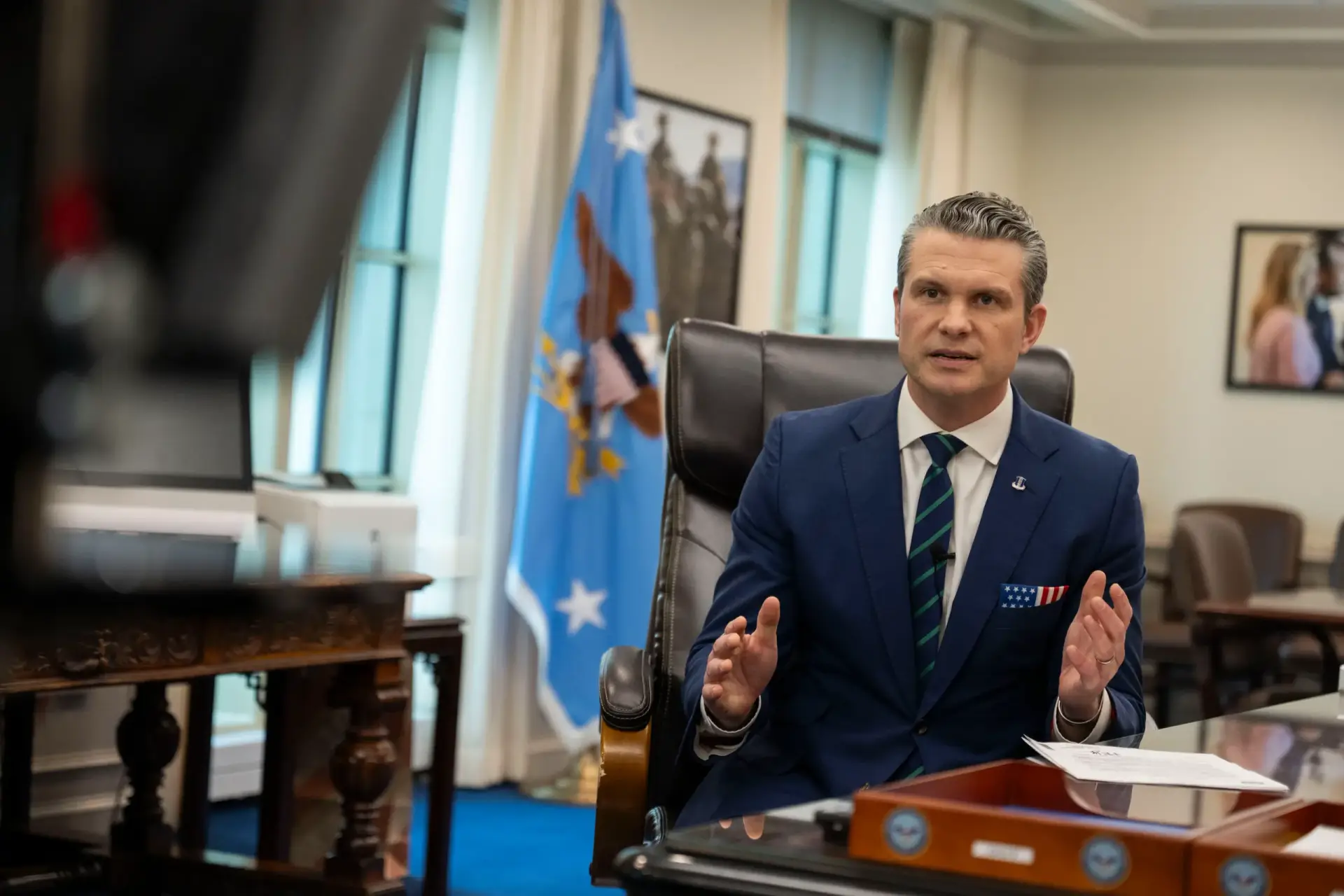Vice President says U.S. seeks long-term peace deal despite Moscow’s steep initial terms.

U.S. Vice President J.D. Vance stated on Wednesday that Russia is “asking for too much” in its initial peace offer, as Washington works to bring the war in Ukraine to an end.
Speaking at a Washington meeting organized by the Munich Security Conference, Vance did not disclose Moscow’s terms but said he remained optimistic about the possibility of a peace deal. His assessment stands in contrast to President Donald Trump’s recent skepticism regarding Russian President Vladimir Putin’s willingness to end the war.
“I wouldn’t say the Russians aren’t interested in resolving this,” Vance said. “What I would say is that right now the Russians are asking for a certain set of requirements, a certain set of concessions to end the conflict. We believe they’re asking too much,” he stated.
When later asked about Vance’s comments, Trump told reporters at the White House, “He may be right.” The president hinted that Vance might have access to information he does not, as he is preoccupied with other matters.
“We’re reaching a point where we’ll have to make some decisions. I’m not happy about it,” Trump said regarding the peace efforts.
Vance refrained from repeating past criticisms of Ukrainian President Volodymyr Zelensky, whom he had clashed with during a tense Oval Office meeting in February. Instead, the Republican vice president emphasized that the U.S. appreciated Ukraine’s willingness to pursue a 30-day ceasefire. However, citing Russia’s lack of interest in such a short-term pause, Vance said Washington aims to move beyond the “obsession” with a temporary truce and focus on negotiating a long-term agreement to end the fighting.
“What the Russians have said is: ‘A 30-day ceasefire is not in our strategic interest.’ So we’ve tried to move beyond the obsession with the 30-day ceasefire and focus more on what a long-term agreement would look like,” Vance commented.
Vance’s remarks followed his February appearance at the Munich Security Conference summit in Germany, where he caused a stir by saying that freedom of speech was “in retreat” across Europe. On Wednesday, Vance addressed that controversy, saying his comments applied to the United States under Democratic President Joe Biden as well as to Europe.
“It’s not ‘bad Europe, good America.’ It’s that I believe both Europe and the U.S. have veered off course a bit, and I encourage everyone to get back on the right track together,” Vance said.
On the Middle East, Vance did not provide details on the timing of planned U.S.-Iran talks regarding Iran’s nuclear program. He said the Trump administration viewed the inspection and compliance provisions of the 2015 Iran nuclear deal, negotiated under Democratic President Barack Obama, as “incredibly weak” and allowing Iran to “stay on this path toward a nuclear weapon if they flipped the switch and pressed the button.”
“We believe there’s a deal here that would reintegrate Iran into the global economy, which would be really good for the Iranian people, but that would result in the complete cessation of any possibility that they could obtain a nuclear weapon. And that’s what we’re negotiating toward,” Vance stated.
Keep Independent Journalism Alive
In a world flooded with noise, independent journalism is more vital than ever. We work hard to bring you clear, accurate, and unbiased international news — free from corporate or political influence.If you believe in the power of honest reporting, please consider making a donation. Every contribution, big or small, helps us stay independent and keep the world informed.
Support us via PayPalYour support makes a difference.


